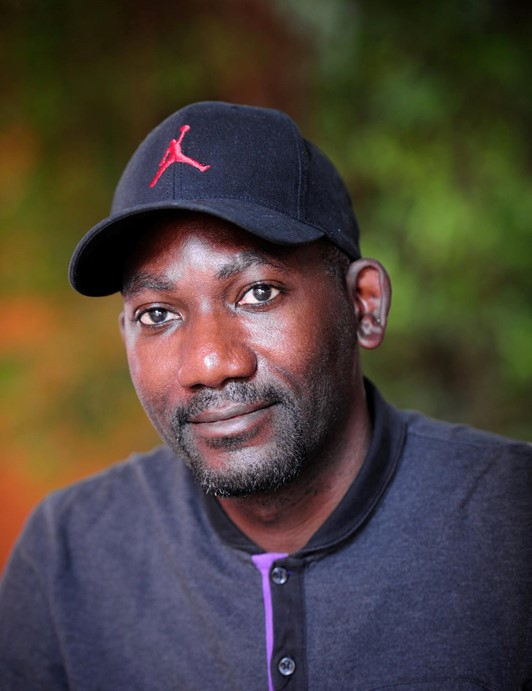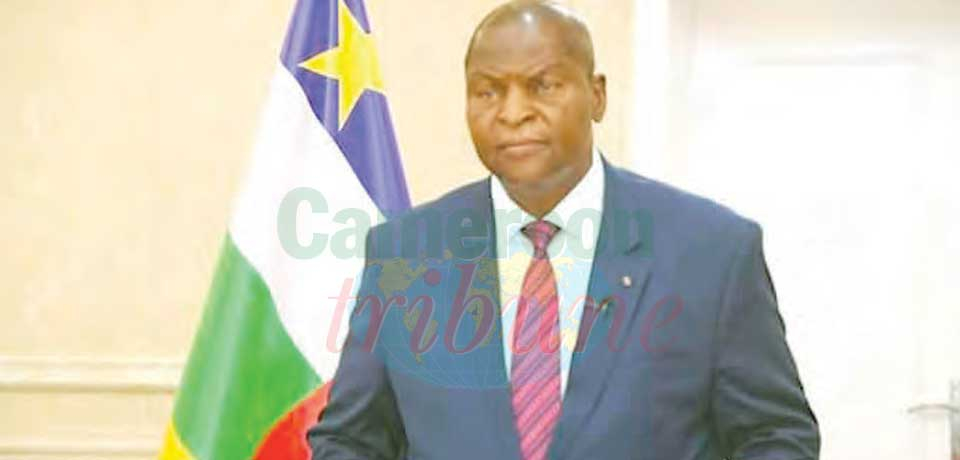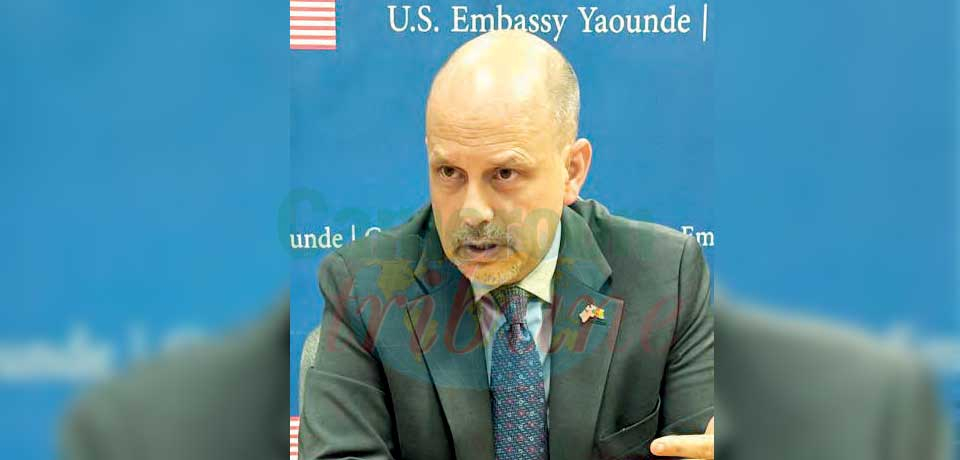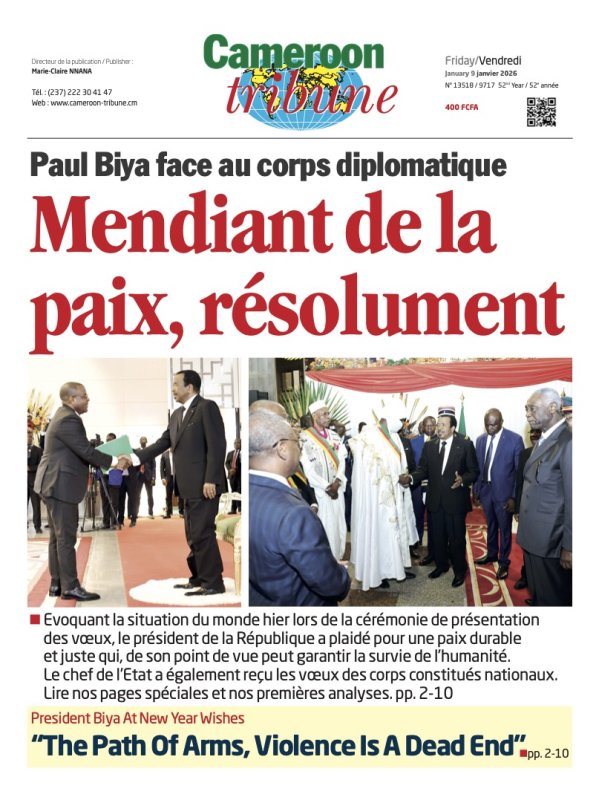Interview: “There Is No Positive Feeling That COP26 Was A Game Changer”
- Par Eldickson Agbortogo
- 16 Nov 2021 15:05
- 0 Likes

Bessike Balinga Michael, Expert in Environment, current team leader for Combatting Wildlife Crime, Biodiversity and Low Emissions Development in Ghana.
The COP26 Summit has ended in Glasgow, after about two weeks of brainstorming with several calls for action and not speeches, do you think COP26 has been different from others?
I would say COP26 that just ended in Glasgow was an opportunity to move beyond discussions and demonstrate real intent to tackle the climate crisis. It was also marked by the submission to United Nations Framework Convention on Climate Change (UNFCCC), of revised Nationally Determined Contributions (NDCs), containing detailed policy actions and strategies required to lower greenhouse gas emissions and strengthen resilience of communities and ecosystems if implemented. But implementation of NDCs require financial support. From a financial perspective, the major “action area” where African leaders expected change was to see developed countries make good on their 2009 pledge to provide developing countries with $100 billion per year by 2020.
In that sense and compared to COP25, COP26 saw some positive signals with the return of the USA, as a major investor in global Climate mitigation and adaptation; Japan promising an extra $2 billion annually to move current levels of climate investment towards the $100 billion annual target within the next decade; or the creation of a “Glasgow Financial Alliance for Net Zero” made up of the world’s largest banks and asset managers who pledged to work towards meeting net-zero goals by 2050. Finally, there has been a pledge to double funding for adaptation to climate change.
While these are positive signals for climate change funding, the problem is that much of the $100 billion figure will actually be loans. This is not what was initially envisaged and actually means that the developing countries who are the lowest emitters at about 5%, would actually be paying at least in part for negative climate impacts of more developed nations. Similarly, the money from the Glasgow Financial Alliance for Net Zero is welcome, but much of this money will actually be invested in a range of other sectors that are not necessarily linked to Climate Change. Also, the lack of inclusion of a finance facility for “loss and damage” as well as the fact that leaders of important emitters like China (11%), Russia, Brazil or Turkey did not see fit to attend COP26, are pointers to the possibility that although the figures pledged have risen during COP26, the actual amounts that are likely to be engaged towards the 2009 pledge might not change significantly.
Like many previous COPs, there is no feeling of having achieved a breakthrough, and for many participants and observers, there is no positive feeling that COP26 was a game changer that has moved us from rhetoric to action.
Why has the lofty rhetoric of world leaders not been followed by concrete action?
The climate negotiations that we observe during COPs are a political as well as scientific process. No politician will make a commitment that will disfavour his country or cost him victory at the next elections and commitments need to be built on evidence. Climate science is a process that takes time to generate the necessary data and interpretation from climatic models and real time observations. Scientists do not always agree on the data and conclusions. This is one reason why the rhetoric exists to show political will to find solutions, but the details based on concrete evidence of how these solutions should be implemented are often lacking at the level of the COP negotiations.
Again, some of the sources of national revenue are from activities that are not supportive of climate actions. The case of China pushing back on the suggestion of not funding coal development for energy, etc. At the same time, whatever funds are available to world leaders, must be spent within the confines of their national as well as global interests. If the European Union or China for instance, made pledges that they intended to keep, they might renege on them or reduce the actual disbursements once faced with unforeseen events such as the covid-19 pandemic which was not factored in when making those commitments.
For most developed countries, investing in saving their own populations from death became a priority, and saving their own economies from covid-19 shock was the next highest priority on their agenda over the last year. Now that these are gradually being dealt with, and that the link between deforestation and zoonotic disease spread is recognised, we may expect to see greater engagement in meeting pledges made by world leaders.
Africa seems to be one of the main losers as most of the pledges made for the continent have not been respected, is it not time for African countries to take ownership of protecting their own ecosystems?
Africa is very hard hit by floods, by sea level rise, and desertification. Such extreme results of climat...
Cet article complet est réservé aux abonnés
Déjà abonné ? Identifiez-vous >
Accédez en illimité à Cameroon Tribune Digital à partir de 26250 FCFA
Je M'abonne1 minute suffit pour vous abonner à Cameroon Tribune Digital !
- Votre numéro spécial cameroon-tribune en version numérique
- Des encarts
- Des appels d'offres exclusives
- D'avant-première (accès 24h avant la publication)
- Des éditions consultables sur tous supports (smartphone, tablettes, PC)














Commentaires